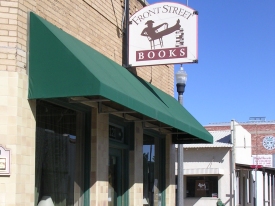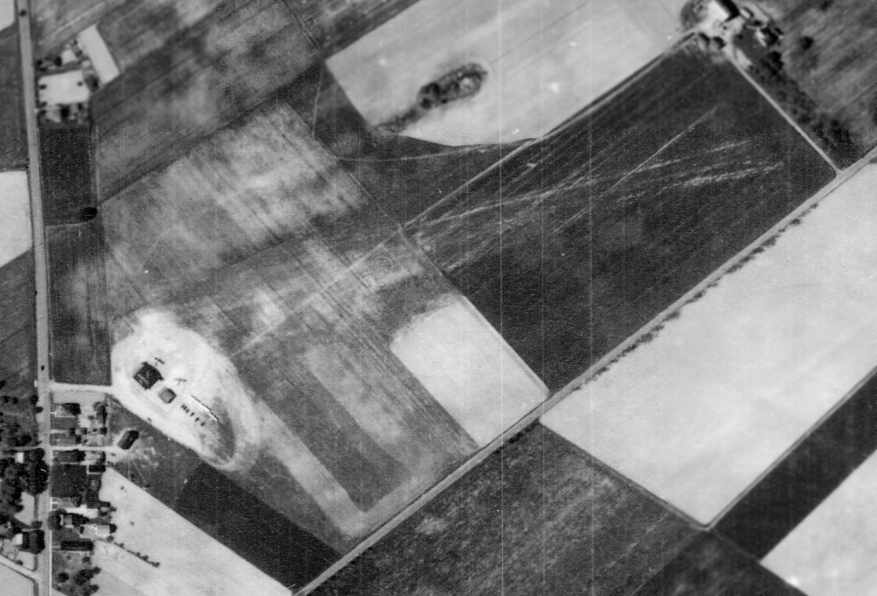All I Ever Really Needed to Know I Learned from Hockey Fights
It’s a Grab Bag Monday! You never know what’s going show up here.
Okay, the post title exaggerates, but it holds some merit. Hear me out.
I didn’t want to like hockey. I didn’t. My first twenty years did not suffer from a lack of hockey fandom.
But two things happened: 1) I dated David, my future, wonderful husband. He liked hockey. I thought, “If this sport will take over the TV for many nights for the rest of my life, I’d better give it a shot.” No pun intended. If you’re a hockey fan, you’ll get that.
2) After I watched a couple of seasons on TV with mild interest, we went to an NHL game. Up close and personal: Reunion Arena, downtown Dallas, Texas. It’s next-to-impossible not to get caught up in a good live hockey game, especially when surrounded by rowdy Texans.
And you know what else? (whispering) I liked the fights. Still do.
Never had I enjoyed fighting, but this proved fascinating. And I’ve learned things from hockey fights that apply to everyday, skateless life:
Stick up for each other. Hockey fights often start after one player did another player wrong. Maybe a guy inflicted an illegal hit on your teammate that escaped the refs’ whistle. Maybe he targeted a player nursing an injury. Whatever the injustice, teammates stick up for each other. The same can be true in real life. We all have our family, our gang, our homies, our posse, if you will. We care about these people, and we want to protect them. Mess with one, mess with all. True, you probably don’t need a mean right hook to settle the score, but you get the point. Loyalty matters.
Be controlled. You wouldn’t know it as a spectator, but some fights (not all) are mutually planned vs. a spontaneous eruption. Players are known to make an appointment with each other to fight, so to speak. This “appointment” may be agreed upon only seconds ahead of time. It may come due after a face off or the next stoppage of play, but at the chosen time–bam! There they go. We can be choosy as well when we pick our battles. We don’t have to lash out at the first or at every provocation. We can respond only when we deem necessary.
Fight Fair. Hockey fights hold to unwritten rules of etiquette. Non-hockey friends and family shoot me skeptical looks when I insist this. To most it resembles a merciless melee. But fans know better. For example, see the picture above? As usual, they’ve thrown off their gloves so that it’s not like a Nerf battle (Confession: I secretly want to perfect the throwing of the gloves, but not like this player).
But notice these other details: Their helmets still cover their noggins, their sweaters aren’t pulled over the heads so as to blind them, they’re not pinned against the boards (the sides), and both still stand facing each other. Right now it’s a fair, evenly-matched fight. The officials will send them to the penalty box, make no mistake, but they’ll referee until someone’s at a disadvantage. …One yanks a sweater or either goes down, etc. We, too, can fight fair. When you have a beef with someone, refrain from acting trickster-like. Man- or woman-up and deal with them directly and fairly.
And if all else fails, call me. I’ll throw down my gloves for you.

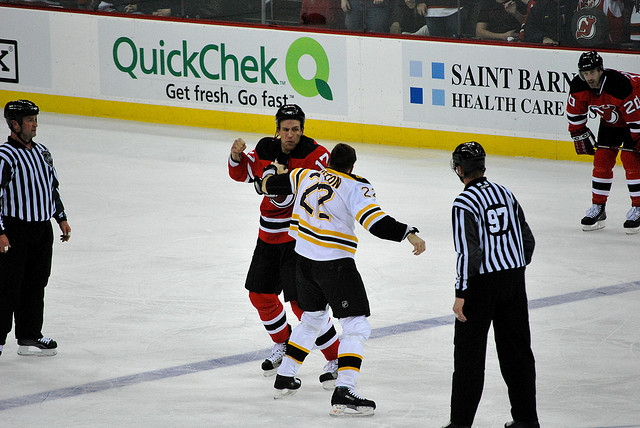
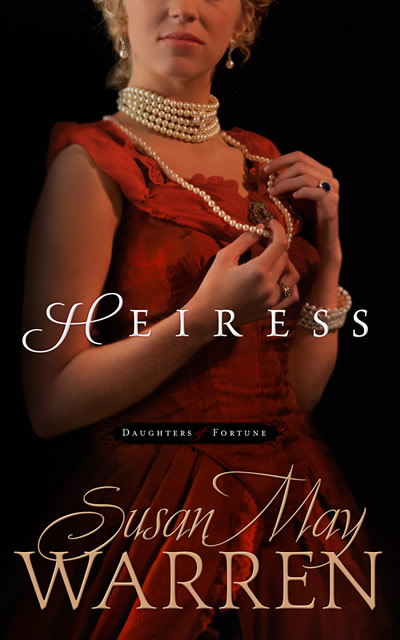 This month I review an award-winning trilogy:
This month I review an award-winning trilogy:  n World War II.
n World War II.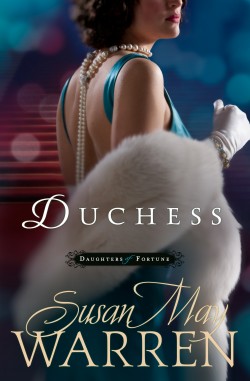 al fiction works when I feel transported into the storyworld – a world based on reality but not too bogged down in detail as to be distracting. This series delivers in spades. The research necessary to pull this off must have proved monumental to Susan May Warren. She weaves it into the storylines so masterfully that it comes across as effortless. I felt fully immersed into these settings: the opulence of the Gilded Age, the rush of adrenaline while performing atop a biplane, the intrigue amid Europe during World War II, among others.
al fiction works when I feel transported into the storyworld – a world based on reality but not too bogged down in detail as to be distracting. This series delivers in spades. The research necessary to pull this off must have proved monumental to Susan May Warren. She weaves it into the storylines so masterfully that it comes across as effortless. I felt fully immersed into these settings: the opulence of the Gilded Age, the rush of adrenaline while performing atop a biplane, the intrigue amid Europe during World War II, among others.